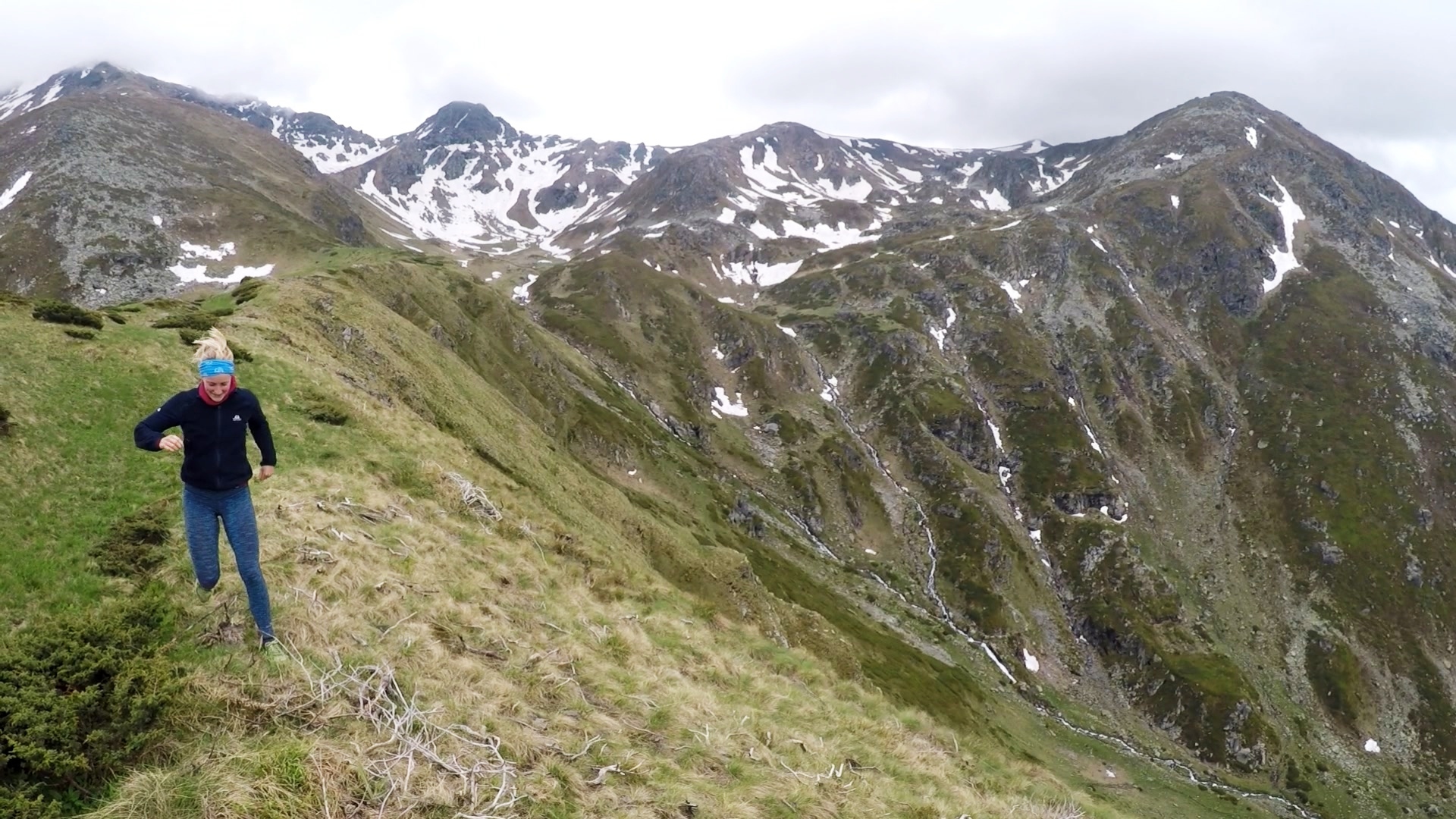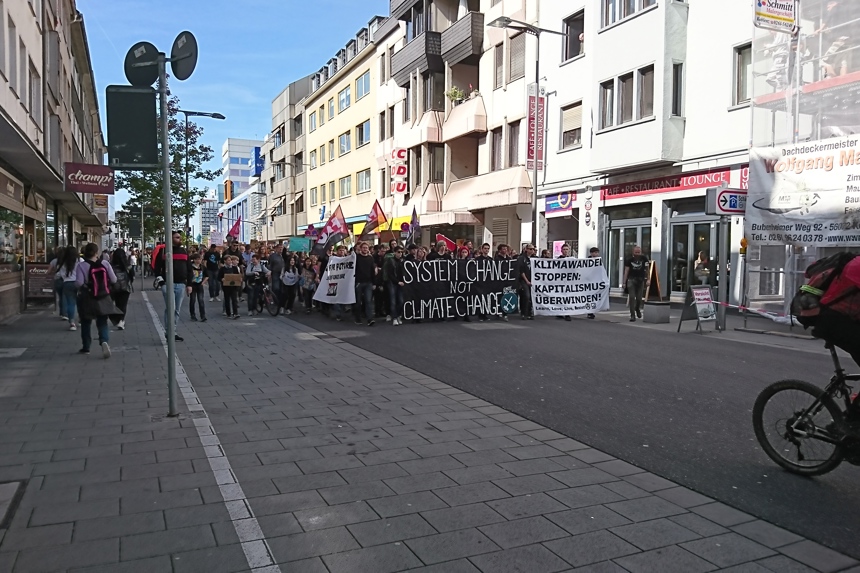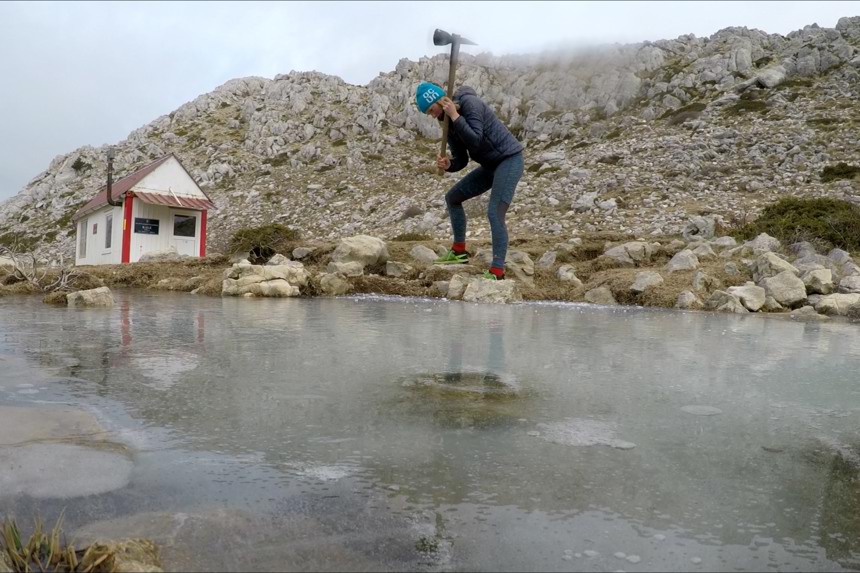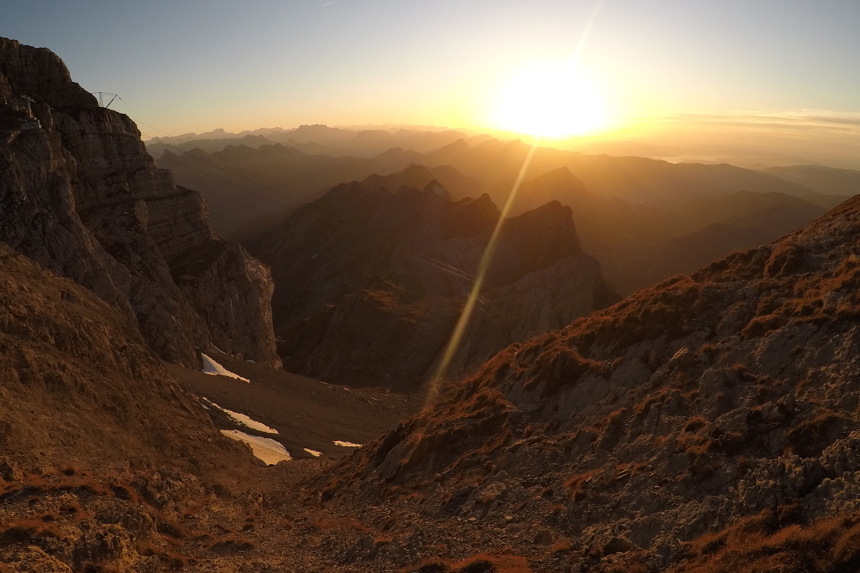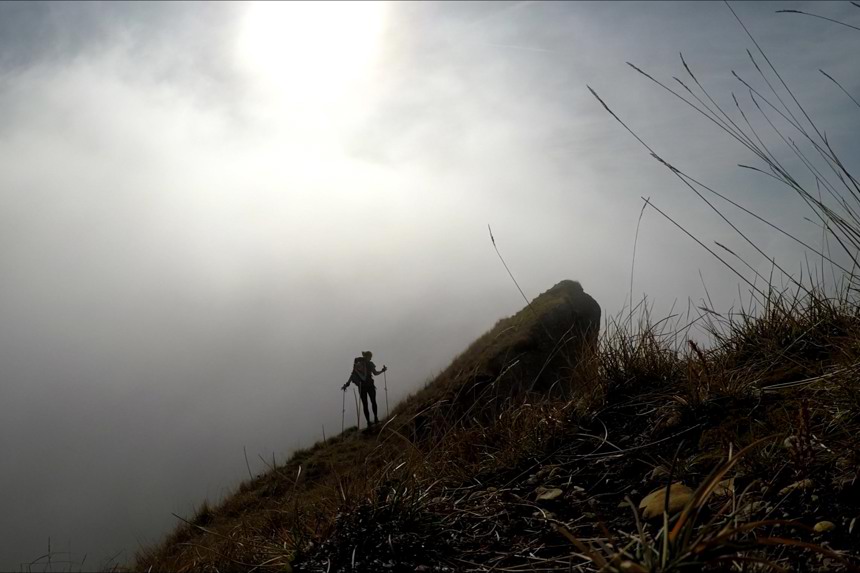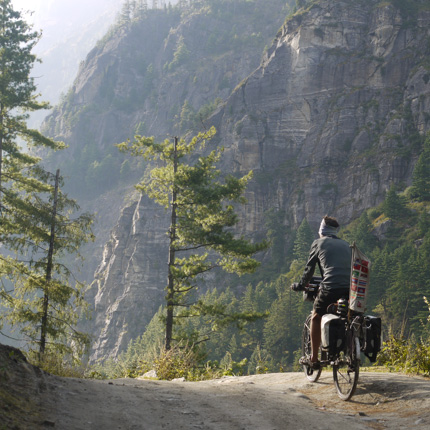Changing our culture: brands
The kit we use is another big impact - especially as it is niche, is often used only a few times per year, frequently relies on weird chemical processes and unethical labour and is made for the recreation of the ‘globally rich’. A lot of brands are struggling right now, but does that really mean we should keep buying? This is another area in need of an overhaul.
Almost all of the main athletes and adventurers are sponsored by brands. The bottom line of sponsoring is sales. Ambassadors are useful to brands as they make the products seem personable and trustworthy. Basically, everyone can distract themselves with inspiring stories while surreptitiously being sold to. Social media has intensified this with the regular #hashtagging and promo posts that most brands ask their ambassadors to do.
The result is that a culture now exists in which a brand sponsoring or sharing your social posts seems cool and something that gives your adventure kudos. You hashtag pics of your shoes and tag the brand, the brand shares it, you are told you’re part of the ‘brand community’, you get more followers, you feel a bit like your idols, and... more products are spewed out into the world.
What is the problem? We need clothes and things like tents to enjoy the great outdoors. Brands aren’t evil machines, they are made of well-meaning people. What’s more, a lot of brands and ambassadors give out the message to ‘buy what you need once’. You could argue that ambassadors help this happen as they can give real-life feedback.
The problem is that the whole advertising system is about creating artificial needs, and that is what brands rely on whether they admit it or not. When I worked in an outdoor shop, many customers came in to buy expensive things, saying “I always buy just what I need - good quality once, so I won’t need to buy again.” They would say this while clutching a shoe marketed as ‘made for training, not racing’ or for ‘medium-soft ground, otherwise you’d want this more cushioned one’. Or they might be buying a pair of £140 waterproof shoes for short dog walks in urban parks. This isn’t because they are idiots; it’s because that is what the advertising system does: convince you that you need something you don’t.
I’ve regularly heard athletes and adventurers admit that (for example) they really hated the sponsored shoes they wore and promoted during their record-breaking run, or carried two waterproofs across a continent: one for photos for their sponsor, the other for actually wearing. Don’t even get me started on Red Bull: surely no athlete would seriously count that as a key part of their nutrition?
At the end of the day the world already has a lot of already-made, very good outdoor kit filling dusty cupboards in many homes. If we collected it into a big pile and shared it out for use, mending and swapping around when needed, I'm sure we wouldn't need to produce a single new item for years. We have to ask the question: can a business that is actively, strongly encouraging you to buy new stuff all the time - through sales, promotions, social media, brand ambassador and seasonal products that are basically the same as last time but in different colours - actually claim to be sustainable?
Some brands do now have a repair scheme, a lifetime guarantee, recycled materials, ethical work practices and a sustainability report. But if the same brand’s website is also full of product pushing sales, kit bundles, Christmas lists, 'New Season, New Product!' posts, and their ambassadors are regularly promoting their new jackets on social media - this is still pushing an unsustainable consumerist model. The rest sounds nice and reassuring, but perhaps all it’s doing is soothing the conscience of both themselves and their customers. What if small improvements to a bad model actually just keep that same consumerism in place for longer, through a vaguely green veil of disguise?


